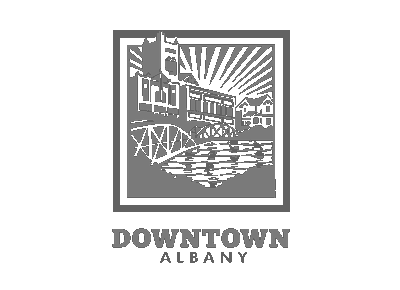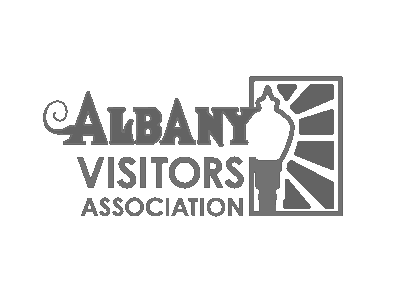Designed and created by sculptor Deedee Morrison
A public art project made possible by the Albany Arts Commission and 1% for the Arts
Little neighbors, big impact
Wildflowers are vital to our local biodiversity, and support entire ecosystems for pollinators - including the native butterflies and bees you can see cut into the petals above. Pollinators drink nectar or feed off pollen, then transport pollen as they move from flower to flower. Over 80% of the world's flowering plants need pollinators, including 1200 crops. In fact, about one out of every three bites of food you eat is because of pollinators!
Native species like the flowers and pollinators artistically rendered here are crucial to our local ecosystem, economy, and way of life. Sadly, through loss of habitat and use of pesticides, many species are under threat. We can all make a difference by understanding our role in maintaining regional biodiversity, and save some of our most important neighbors - the native pollinators.
Stop by and "smell the flowers" in this public art project! Let's keep Albany beautiful together.
The artwork
The native wildflowers and pollinators featured in ''Integrated Narrative" are both beautiful and incredibly important to our local ecosystem.
The 15-ft tall laser-cut stainless steel and cast resin wildflowers represent three species native to the Albany area:
- Great Camas (camassia leitchlinii),
- Douglas' Meadowfoam (limnanthes douglasii), and
- Trillium (trillium ovatum).
"Integrated Narrative" is located near Lyon St SW and the 9th Avenue overpass:

Here's a timelapse from the installation in December 2020:
Can you find these polinators?





